Embodied Writing: One Body, Many Parts

The author of Us From Nothing revises his thinking about the role of the body in writing.
Jump to navigation Skip to content
Articles from Poet & Writers Magazine include material from the print edition plus exclusive online-only material.

The author of Us From Nothing revises his thinking about the role of the body in writing.
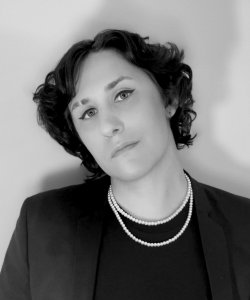
“I’d love to be the kind of writer who sits down at my desk at a specific and predictable time...and write, but I’ve never been that writer. —torrin a greathouse, author of DEED.

Inspired by traditional and contemporary quilt patterns, artist Larry Clifford crafts each of his BiblioQuilts from hardcover books rescued from libraries, basements, and attics.

The Odesa Poetry Studio is a free program that creates space for children to gather, write poems, and share their work with one another, validating their voices and feelings as they live through ongoing war.

The former editorial director of Akashic Books, now an executive editor at Viking, talks about his experience moving from an indie press to one of the Big Five publishers.
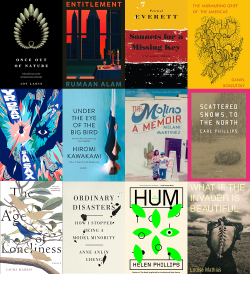
The first lines of a dozen noteworthy books, including Yr Dead by Sam Sax and Under the Eye of the Big Bird by Hiromi Kawakami.

Excerpts from Bones Worth Breaking by David Martinez, Little Seed by Wei Tchou, The Lucky Ones by Zara Chowdhary, The Exit Is the Entrance by Lydia Paar, and Come by Here by Neesha Powell-Ingabire.

Despite decades of explosive growth, factors including financial pressure and low admissions have left many MFA programs with no choice but to close. Faculty and administrators reflect on the fallout for their communities.

A look at two new anthologies, including Here to Stay: Poetry and Prose From the Undocumented Diaspora, edited by the writer-activists of Undocupoets.
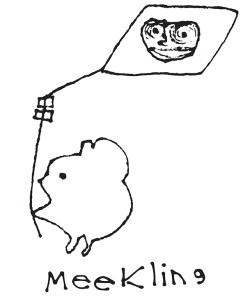
For more than ten years, Meekling Press has been producing artist books, blending text and visual design to make unique literary-art objects with a playful punk sensibility.
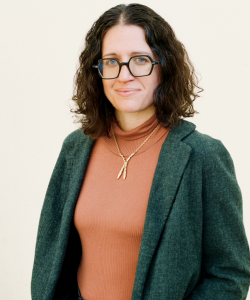
The author of Thanks for This Riot, a debut story collection, introduces some of the online publications that first gave her stories a home, including American Literary Review and Okay Donkey.

After years spent on frustrating, time-consuming drafts, creating visual models helped one writer to assess the current state of a manuscript, estimate a completion date, and build confidence.

The executive editor of Callaloo Literary Journal, one of the most influential publications of the African diaspora, speaks about Callaloo’s future and how the journal will continue to break new ground.
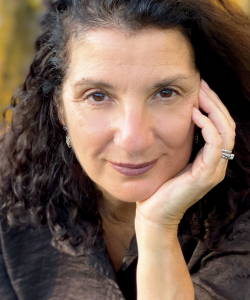
Before the author of Barnflower was a writer, she was a farm kid. The memoirist shares moments from her book tour, which included meeting cows and visiting corn mazes alongside reading at local bookstores and reconnecting with friends.
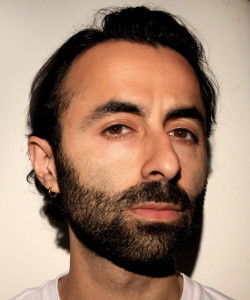
“I thrive in the blur between my waking world and my invented worlds.” —Navid Sinaki, author of Medusa of the Roses

The author of Freedom Is a Feast examines the inspirational power of real-life events.

“I treat my life as fodder for literature, so I consider living it (surviving it) as part of writing.” —Ismet Prcic, author of Unspeakable Home

The author of Freedom Is a Feast explores tactics for creating compelling, human, three-dimensional characters.

“That I’ve never expected this work to be fast or easy is a priceless gift, my saving grace.” —Bret Anthony Johnston, author of We Burn Daylight

The author of Freedom Is a Feast considers cuisine and its place in fictional narratives.

“I wanted to write a book that had the potential to both delight and terrify Philip Roth.” —Karla Cornejo Villavicencio, author of Catalina

“Just tell the truth.” —Kiran Bath, author of Instructions for Banno

The author of Anyone’s Ghost contemplates the role-playing game Dungeons & Dragons and how it has influenced his writing life.

“It seems like a necessary step to figure out how to emerge from mess to order.” —Ayşegül Savaş, author of The Anthropologists
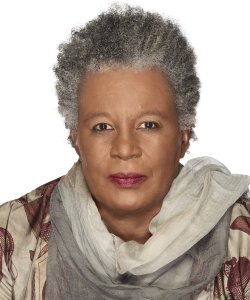
Twenty years after its initial publication, Claudia Rankine’s groundbreaking Don’t Let Me Be Lonely has been reissued with a new preface written by the author.